The Online Safety Act aspires to make the UK the safest place online. But in its attempt to clean up the digital world, it risks turning the internet into a sanitized, censored space where privacy is compromised, innovation stifled, and free speech diminished. We’ve seen it before with GDPR. The question is: at what point does ‘safety’ become a convenient cover for control?
The Online Safety Act is going to be a “game changer” for online safety laws in the UK or at least that’s what we’re being told.
- Online Safety Act 2023
- New Offences in the Online Safety Act
- Problematic Online Safety Measures
- Legal but Harmful
- Threats to End-to-End Encryption
- Extent of the Legislation and Affected Parties
- Unrealistic Expectations for Platforms
- Privacy and Age Verification
- Free Expression and Journalism
- Concentration of Power with Ofcom
- Global Impact
- False Sense of Security
- Tech Companies and Big Tech Compliance
- Regulatory Framework and Enforcement
- Ofcom in Online Safety Regulation
- Ofcom’s Powers under the Act
- Fines for non compliance with Online Safety laws
- What the Online Safety Act Covers
- What it means for Users and the future of Online Safety
In this article we will get into this important piece of legislation, the implications for social media, the responsibilities for tech companies and the consequences for those who don’t comply. It’s not just a response to the challenges of the digital age, it’s going to make the UK the safest place for online users, or children, or censorship, it’s going to be censorship.
Online Safety Act 2023
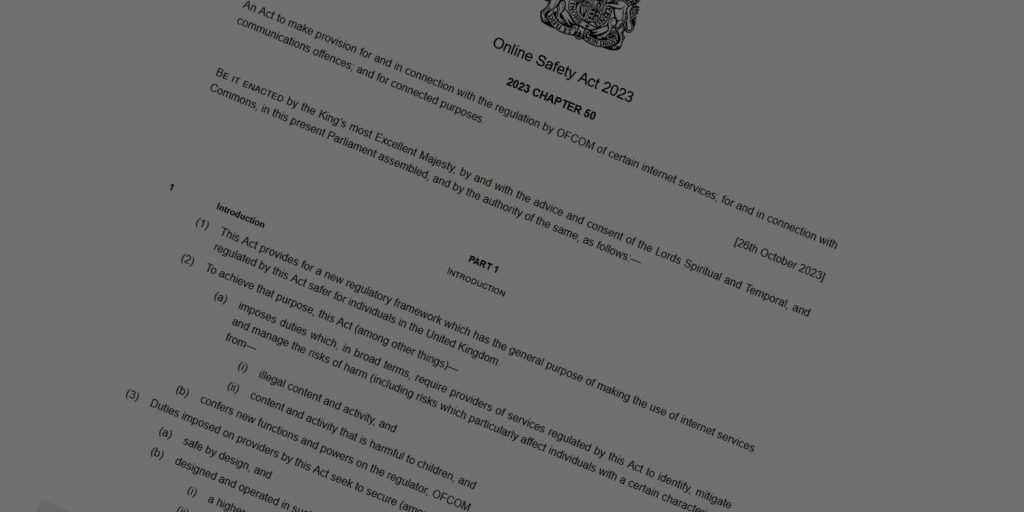
Online Safety Bill
The Online Safety Bill is going to change the way social media is regulated in the UK. Waiting for Royal Assent this legislation will impose a ‘duty of care’ on platforms like Facebook and TikTok to be responsible for the harms caused by their services. This principle has been used in other European legislation and shows the global importance of user safety especially for children.
By tackling issues like child sexual abuse, harmful ads and terrorism content the Act will create a safer online space so under 18s can navigate the internet without falling into its darkest corners.
Online Safety Act Objectives
The objectives of the Online Safety Act are simple yet bold: protect children from harmful online content, including suicide, self harm and pornography. The Act will force online platforms to take proactive steps to reduce the risks of their services.
With these new duties Ofcom will be able to enforce and hold companies to account. The Act is the end of self regulation for social media companies and the beginning of a model where user safety is prioritised through legal obligations so new offences will be created for non compliance and online safety will not be optional for all online services.
VPNIFY Free & Premium VPN
In a digital landscape increasingly shaped by regulations like the Online Safety Act, VPNIFY stands as a safeguard for users’ freedom of expression, data privacy, and secure communication, shielding individuals from overreach and censorship while empowering them to browse the internet freely.
New Offences in the Online Safety Act
Online Conduct Offences
The Online Safety Act creates a new framework of criminal offences to tackle harmful online conduct, a big change in online safety laws. With provisions around the distribution of illegal content like child sexual abuse images and terrorist material the act is a call to account for tech companies.
This is not a suggestion but a requirement, with severe penalties for platforms that don’t remove illegal content quickly. Fines can be in the millions of pounds, because we need to protect vulnerable users and make it clear online safety is not optional. As the act comes into force it’s clear: companies must put user safety first or face the consequences.
Problematic Online Safety Measures
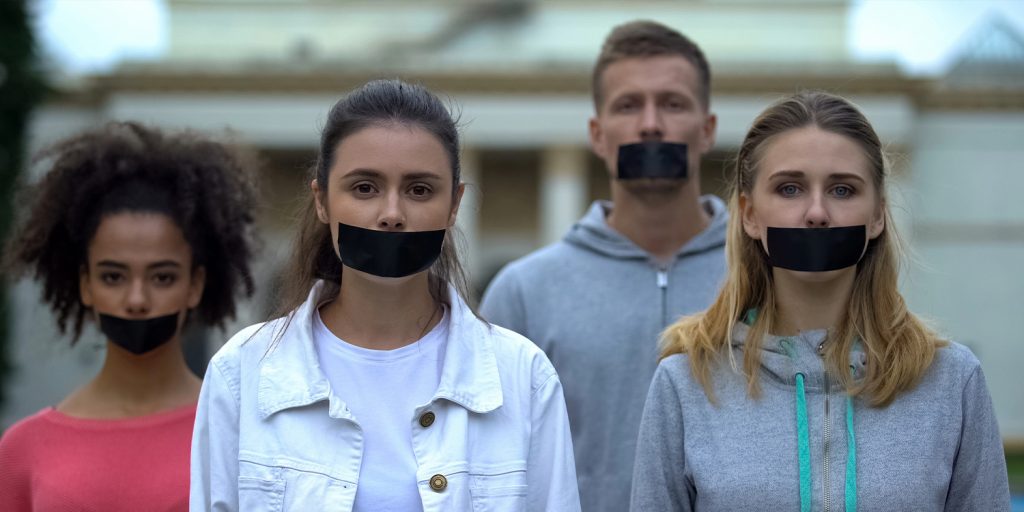
While the Online Safety Act will create a safer online space the measures are controversial and have sparked fierce debate especially among smaller online services. Critics argue the requirements for age verification and content moderation will be a chilling effect and will create unexpected problems for micro businesses.
Many fear the vague language around harmful content will be used against site operators and will create compliance hell. Already some smaller companies are worried about the big fines and the threat of legal action will drive them out of the UK market.
The heavy handed approach raises the question can the UK really be the safest place for online users when smaller businesses the lifeblood of a healthy digital economy are struggling to stay afloat.
Legal but Harmful
One of the Act’s most problematic aspects is the “legal but harmful” content that platforms must address.
- Vague definitions: What is “harmful” content is subjective and will be enforced inconsistently. Content that is offensive to some will be critical political discourse or artistic expression to others.
- Over regulation: Platforms will err on the side of caution and remove content before they’re asked to avoid the penalties. This will be a chilling effect on free speech.
We’d say this is a slippery slope to state backed censorship where platforms have huge discretion over what’s allowed online.
Threats to End-to-End Encryption
The Act requires platforms to detect illegal content (like child sexual abuse images) which could break end-to-end encryption—a fundamental part of online privacy.
- Platforms like WhatsApp and Signal use encryption to ensure private conversations. The government says platforms can “technically” scan for illegal content and preserve encryption but experts say this is impossible without creating vulnerabilities.
- Weakening encryption will put everyone’s security at risk not just bad actors. Authoritarian regimes will exploit the same backdoors to target dissidents, journalists and whistleblowers.
Signal has threatened to leave the UK rather than compromise its encryption, showing the Act’s global implications.
Extent of the Legislation and Affected Parties
The Online Safety Act will cover a wide range of online services from big social media platforms to smaller websites and forums.
Ofcom has said even micro businesses will be covered by the new rules which will include risk assessments and appointing senior individuals to be responsible for safety. This has raised concerns among smaller tech companies who will struggle to comply with the requirements compared to the big guys.
With hundreds of websites expected to be affected some have already shut down because they can’t meet the compliance requirements of this new law showing the reach of the Online Safety Act in the online world.
Unrealistic Expectations for Platforms
The Act puts huge responsibilities on tech companies especially smaller platforms:
- Cost of compliance: Regular risk assessments, content moderation and age verification tools require significant resources. Smaller companies or startups can’t comply and will be at a disadvantage to Big Tech.
- Innovation killing: Fear of non-compliance fines (up to 10% of global turnover) will stifle tech innovation and scare businesses away from the UK altogether.
This will make the UK a digital pariah where only the biggest, most compliant platforms will succeed and smaller ones will be forced out.
Privacy and Age Verification
The requirement to verify age to access adult content is another problem:
- Privacy risks: Age checks often require submitting sensitive personal data (ID scans) which can be leaked, hacked or misused. Users will be reluctant to engage with platforms that require such intrusive verification.
- Ineffective: Tech savvy users especially teens can easily bypass the restrictions using VPNs or other tools. So the policy will be ineffective in its aim while harming privacy.
Critics see this as an overreach that sacrifices user privacy for little actual impact.
Free Expression and Journalism
The Act says it’s about freedom of speech but introduces mechanisms that restrict it:
- Algorithms and AI moderation tools—often wrong—will disproportionately affect marginalized voices or controversial journalism.
- Satire, criticism and political dissent can be misinterpreted as harmful especially in environments where platforms are under pressure to over-moderate.
Platforms will prioritise pleasing regulators over open, democratic discussion.
Concentration of Power with Ofcom
The Act gives Ofcom, the UK’s communications regulator, massive enforcement powers:
- Oversight is necessary but critics argue this concentrates too much power in a government aligned body and raises concerns of political interference.
- There’s no clarity on how Ofcom will determine penalties or what “harm” means leaving it open to subjective judgment or government influence.
This sets a dangerous precedent where governments get control over digital spaces.
Global Impact
Given the size and influence of the UK, the Online Safety Act will likely encourage other countries (including authoritarian regimes) to follow suit:
- Governments will claim to tackle “harmful” content and actually censor dissent or political opposition.
- Platforms will implement global blanket policies to make compliance simpler and internet freedoms will be diluted everywhere.
The Act will be a blueprint for digital authoritarianism.
False Sense of Security
The Act is supposed to tackle online harm but will give a false sense of security:
- Clever criminals will find ways to circumvent the regulations using decentralized platforms, dark web tools or encryption methods outside the Act’s remit.
- Children will still find harmful content through private groups, peer to peer sharing or services outside the UK.
The focus on broad, blunt policies will miss more targeted and effective solutions like education, parental controls or better law enforcement tools.
And let’s not forget the GDPR was introduced to give users more control over their personal data but for many it’s been reduced to a series of annoying cookie banners we have to click away on every website. It’s ridiculous. Despite GDPR’s aims many companies still collect vast amounts of data through loopholes or user apathy.
And the OSA could give the appearance of safety without actually tackling online harm.
Tech Companies and Big Tech Compliance
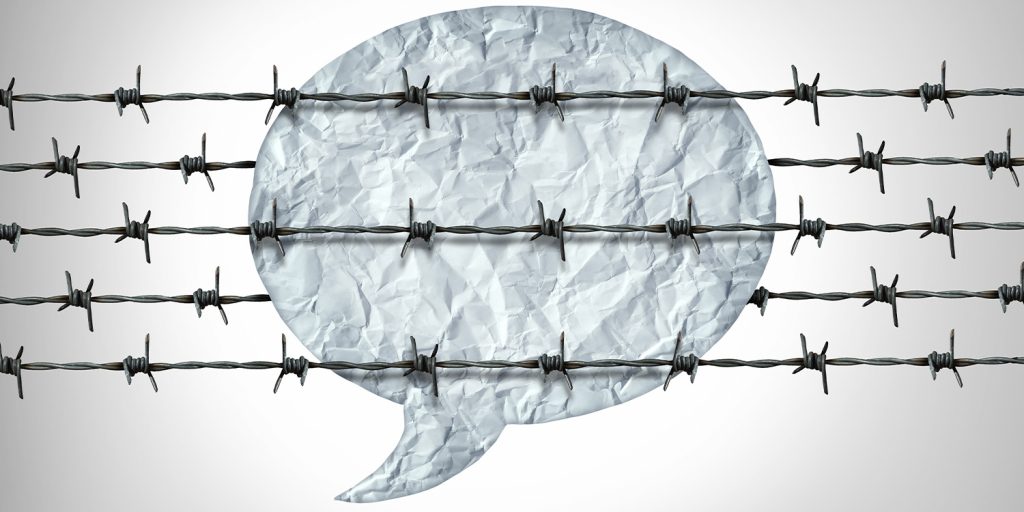
The impact on tech companies, especially the big ones, is huge. While the bigger platforms will have the resources to meet the new requirements of the Act, smaller competitors will be left with the burden of disproportionate compliance costs. Research suggests smaller sites will have to pay up to £45 per user for compliance while the bigger ones will pay a fraction of that – 25p to 50p per user.
This is a huge discrepancy that will strangle innovation and raises questions about fair competition in the UK digital economy. As the Act unfolds there are calls for a review of the design and a more level playing field could accommodate the many different types of online platforms and still enforce the safety standards.
Regulatory Framework and Enforcement
Ofcom in Online Safety Regulation
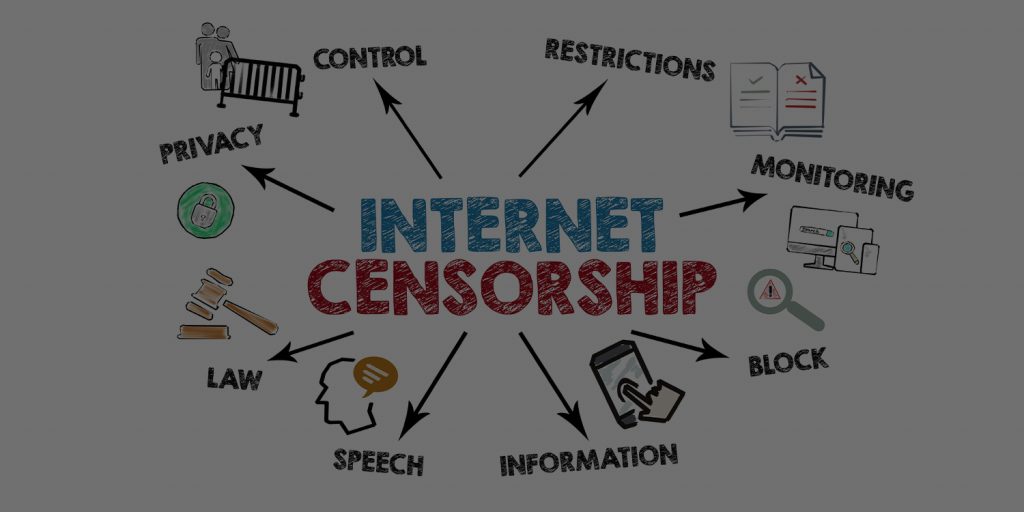
Ofcom will be the main regulator under the Online Safety Act and will be responsible for ensuring online platforms comply with the new safety laws. They will oversee a strict code of practice to protect children from harmful content on social media platforms.
With the power to fine companies for non compliance Ofcom’s involvement means a big step towards a more formalised regulatory regime. Its role will not only hold companies to account for their actions but also sends a message that user safety and censorship (especially for vulnerable groups) is top priority in the digital age.
VPNIFY Free & Premium VPN
In a digital landscape increasingly shaped by regulations like the Online Safety Act, VPNIFY stands as a safeguard for users’ freedom of expression, data privacy, and secure communication, shielding individuals from overreach and censorship while empowering them to browse the internet freely.
Ofcom’s Powers under the Act
Ofcom has been given big powers under the Online Safety Act.
This includes the power to carry out deep dives, fine companies big time and even block services that don’t meet safety standards. The Act requires online platforms to appoint a person to be responsible for compliance and to carry out risk assessments on their services.
These tough enforcement powers will make sure platforms put online safety first and take proactive measures to mitigate risks and change the face of internet safety as we know it.
Fines for non compliance with Online Safety laws
The fines for non compliance with the Online Safety Act are massive, up to £18m for serious breaches.
Companies that fail to protect users from illegal content or harmful behaviour will not only face financial penalties but also reputational damage that could kill them in the market. These tough enforcement measures have created a sense of immediacy for online platforms to make the changes and comply with the new rules.
What the Online Safety Act Covers
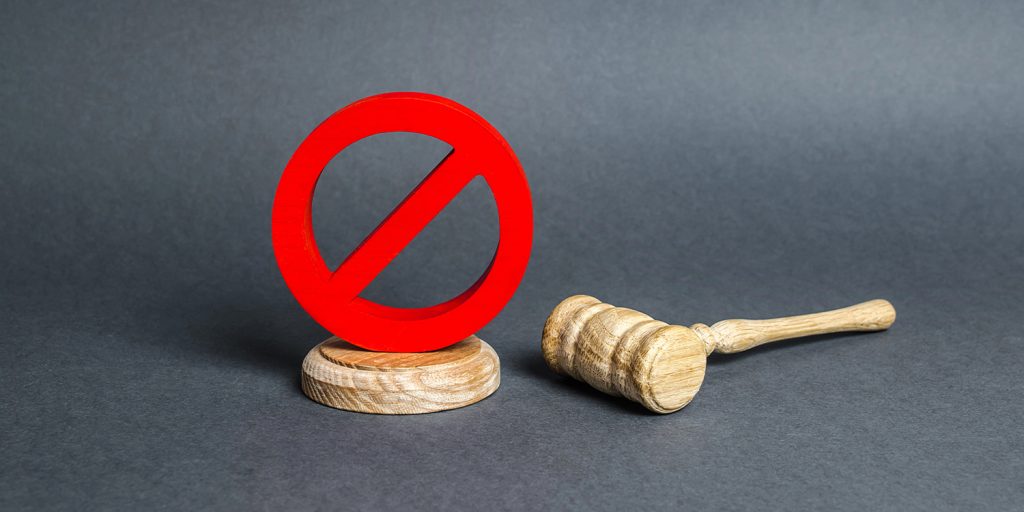
Pornography and Age Verification
The Online Safety Act introduces strict age verification requirements to stop online pornography reaching minors. This is building a wall around the internet so only age appropriate content reaches our children.
Social media platforms and other internet service providers must now implement age verification systems, which although well intentioned, raise privacy and data protection concerns. Critics argue this will lead to overreach and the question is: can we really protect children without trampling on the human rights of adults?
The debate highlights the difficulty of online safety without privacy.
Suicide and Self-harm Content
One of the key areas of the Online Safety Act is the need to tackle suicide and self-harm content.
The Act requires platforms to take proactive measures to identify and remove this harmful content from their sites. This means using advanced algorithms and content moderation to detect distressing posts before they become a crisis. The legislation recognises the mental health impact of online content especially on vulnerable groups struggling with eating disorders.
The Act aims to create a safe online environment, with user safety first and strict content moderation to minimise harm.
Campaigner Views on Online Safety Law
Campaigners have welcomed the Online Safety Act as a step in the right direction for online safety especially for children. They say it tackles long standing issues around harmful content and holds platforms to account.
But some in the advocacy community are concerned about overreach and the impact on free speech. The tension between user safety and free expression is a live issue. The challenge is to implement the Act effectively and strike the right balance between keeping users safe online and upholding human rights in the digital world.
What it means for Users and the future of Online Safety
User Privacy and Free Speech
The Online Safety Act has big implications for user privacy and free speech.
While the Act is intended to protect users from harmful content it raises privacy concerns. The requirements for age verification and content moderation will lead to more data collection and surveillance by online platforms.
Users are worried that these measures will have a chilling effect and stifle open conversation and self expression in the digital world. As the Act rolls out the challenge will be to balance safety with privacy and we need to do it in a thoughtful way that respects user rights while pursuing online safety.
Future of Online Safety Laws
As the Online Safety Act kicks in the online safety laws may continue to change driven by stakeholder feedback and the fast pace of the digital world.
Policymakers may review the legislation in response to feedback from smaller businesses around compliance and economic impact. Technological advancements may also lead to updates to the regulatory framework to keep pace with emerging online threats. Future changes may focus on more user protection and more innovation in the digital economy.
Online safety is an ongoing journey and we need to be flexible in the face of changing challenges. But this is the wrong way. Censorship and limitations of freedom are very problematic.
VPNIFY Free & Premium VPN
In a digital landscape increasingly shaped by regulations like the Online Safety Act, VPNIFY stands as a safeguard for users’ freedom of expression, data privacy, and secure communication, shielding individuals from overreach and censorship while empowering them to browse the internet freely.
Public Reaction and Ongoing Discussion
The public response to the Online Safety Act has been mixed, some welcome the government’s efforts to improve online safety others are concerned about the unintended consequences. The debates are around whether the Act will achieve its objectives without stifling free speech or harming smaller businesses.
Campaigners are calling for a balanced approach, where user safety comes first without infringing on human rights. It’s all about the nuance of regulating the internet and the balance between safety and free expression.






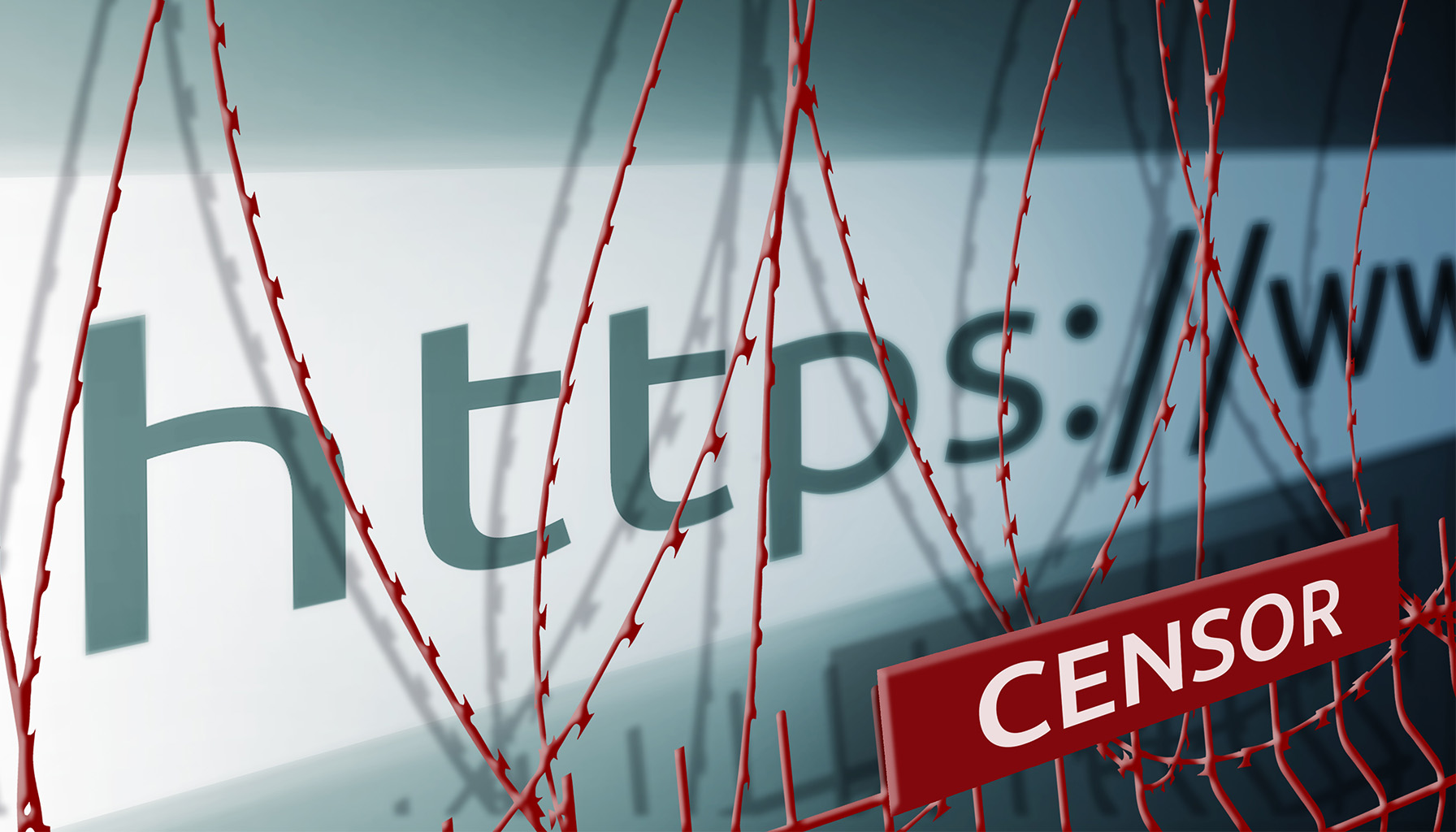
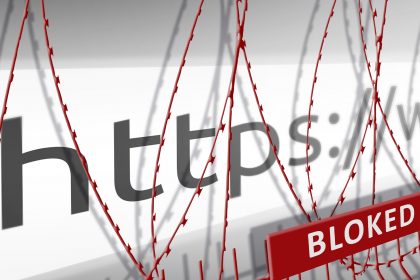

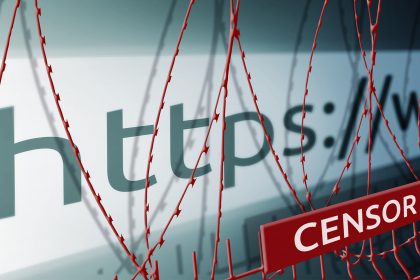
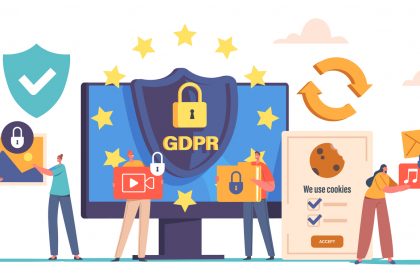

Thank you for this insightful piece. It’s given me a lot to think about.